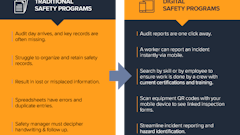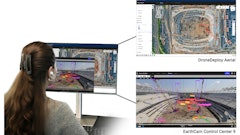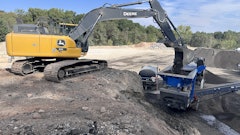At the beginning of every year, we look back at the year gone by and define goals for the new. Looking back at 2013, PavementCouncil.org made significant progress on the science front, had a few setbacks on the legislative front, and recognizes the need to do a better job getting our story out.
On the science front, in 2013 PavementCouncil.org continued to fund assessments of sealer science, with new information presented at scientific conferences and published in peer reviewed science journals. Based on results of these evaluations, PavementCouncil.org in 2013 filed three Data Quality Act (DQA) “Requests for Corrections” to the US Geological Survey (USGS) documenting in detail the flaws and errors in the information that agency posts on its web site and publicizes in its press releases and other informational documents. The USGS use of flawed science to mislead policy makers has been highlighted in a leading science policy publication. Unfortunately, an “early adopter” of the flawed USGS model - the Minnesota Pollution Control Agency (MPCA) –got its way without benefit of a public hearing or legislative deliberation, slipping a ban on RTS in the state at the last minute into an appropriations bill while it was in conference committee.
It is now well documented that RTS was not an identifiable source of contaminants in Austin, TX waterways either before or after the 2005 ban. After passing the ban, Austin paid a city employee to preach anti-RTS messages throughout the country. MPCA is headed down this same road, having sponsored several product deselection webinars this fall, and also announced that the agency is looking to fund proposals to convince others to adopt MPCA’s flawed way of looking at the science.
MPCA’s advocacy efforts will be one of PavementCouncil.org’s continuing challenges in 2014. Central to pushing back will be redoubled efforts by PavementCouncil.org to get the facts about RTS out. The fact that, in every watershed evaluated so far, there is no identifiable signature of RTS in the environment downstream of applied surfaces. The fact that PavementCouncil.org continues to know of no chronic health impacts caused by RTS. And the fact that RTS is efficacious at protecting pavements from the deleterious effects of rain and sun and vehicle emissions.


















